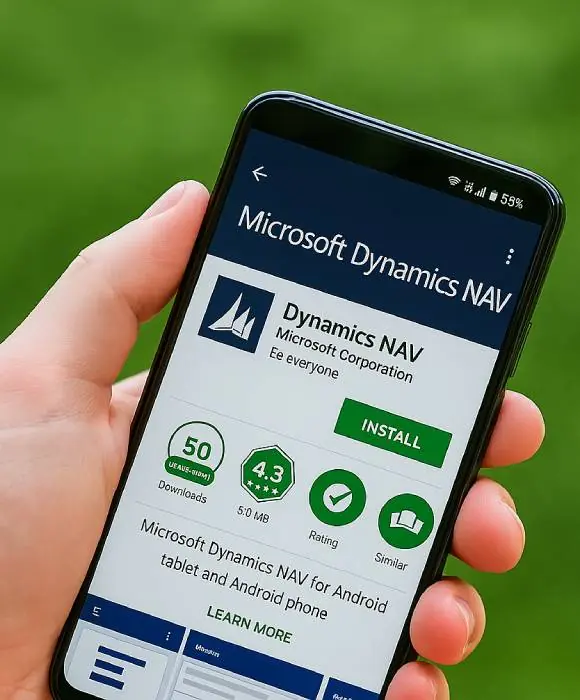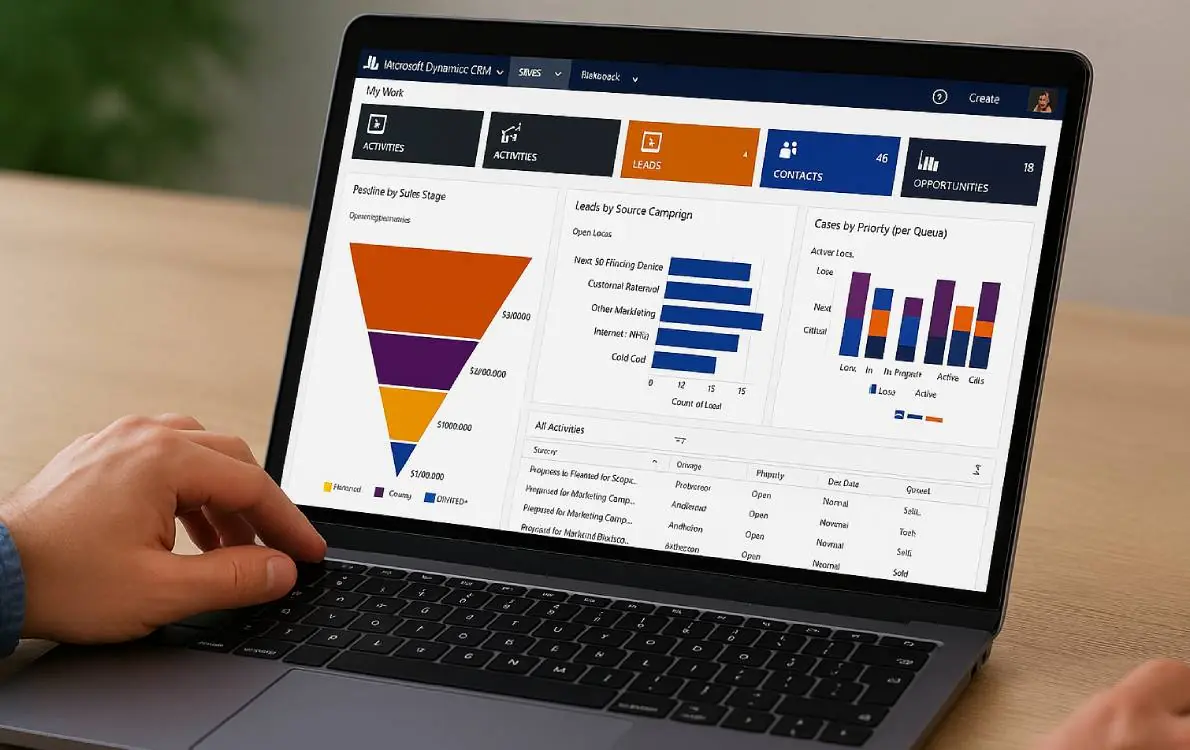In today’s fast-moving business landscape, Microsoft Dynamics 365 has emerged as one of the most powerful platforms for digital transformation. Its ability to unify enterprise resource planning (ERP) and customer relationship management (CRM) under a single, scalable solution has made it the go-to choice for organizations looking to modernize operations and improve decision-making.
But as adoption accelerates, a clear problem has surfaced: the number of companies embracing Dynamics is outpacing the capacity to implement it effectively. The result? A growing execution gap, where the potential of the technology is undermined by a shortage of qualified talent and implementation expertise.
Microsoft Dynamics 365 is no longer an optional layer in a company’s tech stack — it’s increasingly becoming the backbone of enterprise digital operations. As organizations seek to unify data, automate business processes, and scale service delivery across departments, the Dynamics suite offers a robust platform for both ERP and CRM needs. This is particularly appealing in a post-pandemic environment where agility, integration, and cloud readiness are no longer competitive advantages but necessities.
Recent figures illustrate just how quickly the Dynamics ecosystem is expanding. According to Microsoft, revenue from Dynamics products and cloud services grew by 20% year-over-year in 2023, with Dynamics 365 alone experiencing 24% growth (Microsoft Earnings Release, FY23 Q4). Business Central, the SMB ERP solution within the suite, has surpassed 40,000 customers globally — a fourfold increase since 2020 (MSDynamicsWorld).
Beyond revenue and adoption rates, partner and developer ecosystems are also expanding. IDC forecasts the broader Dynamics market will grow by over 20% annually through 2026, with significant contributions from industries like manufacturing, healthcare, and retail. But growth doesn’t always mean readiness — and that’s where the real challenge begins.
While interest in Dynamics is surging, implementation success is proving elusive. Many companies adopt Dynamics with ambitious digital transformation goals, only to hit roadblocks when it comes time to configure, customize, and deploy the platform in real-world settings.


The complexity of Microsoft Dynamics 365 implementations — particularly those involving multiple business units, legacy integrations, or extensive customizations — has created a widening gap between what the platform can do and what many teams are able to achieve with it. This is not a platform issue; it’s a resource issue.
A recent Nigel Frank report highlights that over 60% of Microsoft partners have had to turn down projects due to a lack of qualified Dynamics professionals. Similarly, 44% of end-user organizations say they’ve struggled to fill Dynamics roles over the past year. This shortage has real consequences: 49% of hiring managers say their project timelines have increased, and 70% of partners report lost revenue opportunities due to scaling challenges.
The technical skills required to execute a Microsoft Dynamics 365 implementation — from understanding the Common Data Service to integrating Power Platform components and customizing applications with .NET — are highly specialized. It’s not just about writing code; it’s about translating business requirements into scalable digital workflows.
As a result, many organizations face the double burden of rising costs and diminishing returns. What starts as a strategic upgrade too often becomes a long, fragmented rollout. Timelines slip. Budgets balloon. And the business value that was originally forecasted gets delayed — or worse, never fully realized.
The question is no longer should companies adopt Dynamics — clearly, they are. The question is how to ensure that the implementation doesn’t become the barrier to progress.

At neo301, we recognize that the challenges facing Dynamics 365 implementations aren't simply about filling technical roles — they're about delivering business outcomes through technology. Our approach is built on a foundation of specialization, not generalization. We focus deeply on the Microsoft ecosystem, combining technical fluency with the strategic understanding required to turn platforms like Dynamics into engines of transformation.
Our teams bring experience across Microsoft Dynamics 365 applications, .NET, Azure integrations, and the Power Platform — but beyond that, we operate with delivery models that emphasize speed, collaboration, and long-term maintainability. Working in nearshore time zones, we partner closely with clients and Microsoft partners to shorten feedback loops, accelerate development cycles, and reduce operational friction.
We’re not here to augment a team with headcount. We’re here to elevate projects with capability — offering the kind of specialized execution that transforms Dynamics from a tool into a fully integrated business asset.
By addressing the execution gap directly, neo301 enables organizations to go beyond the implementation checklist and focus on what really matters: delivering on the promise of their digital investments.
Experienced sales executive with a strong background in B2B enterprise SaaS and a proven track record of driving revenue growth across Latin America and the U.S. Has led high-performing sales teams in both corporate and startup environments, including roles at Mastercard and AeroMexico. Skilled in strategic planning, global account management, and go-to-market execution. Proven success scaling ARR and securing major funding rounds in fast-paced technology sectors.
